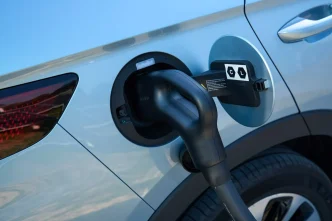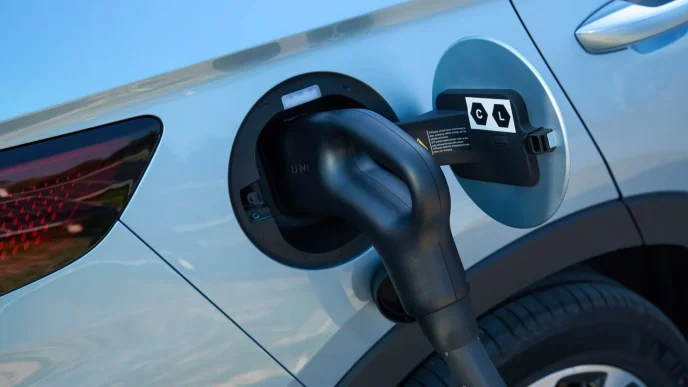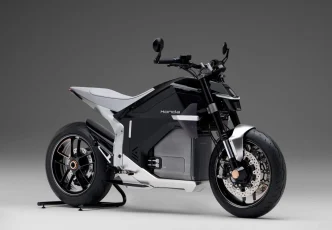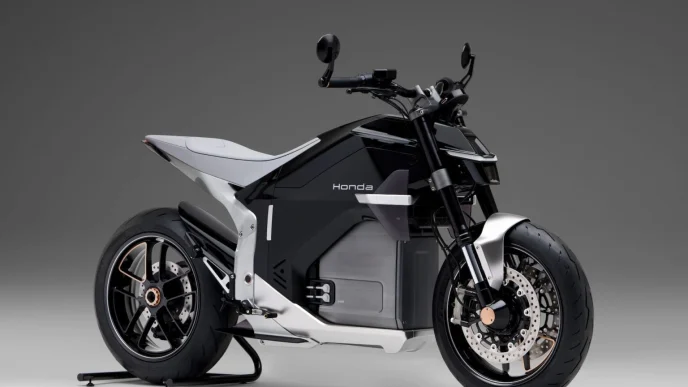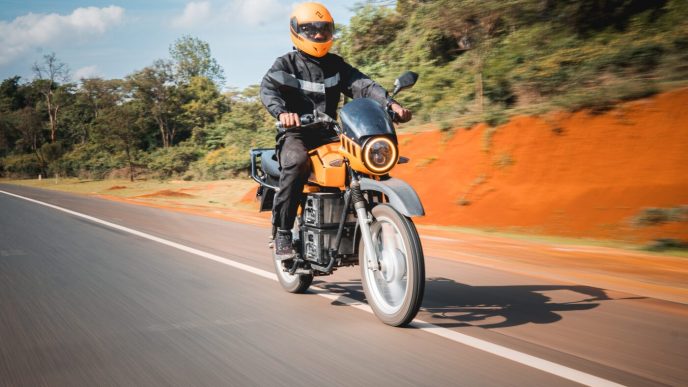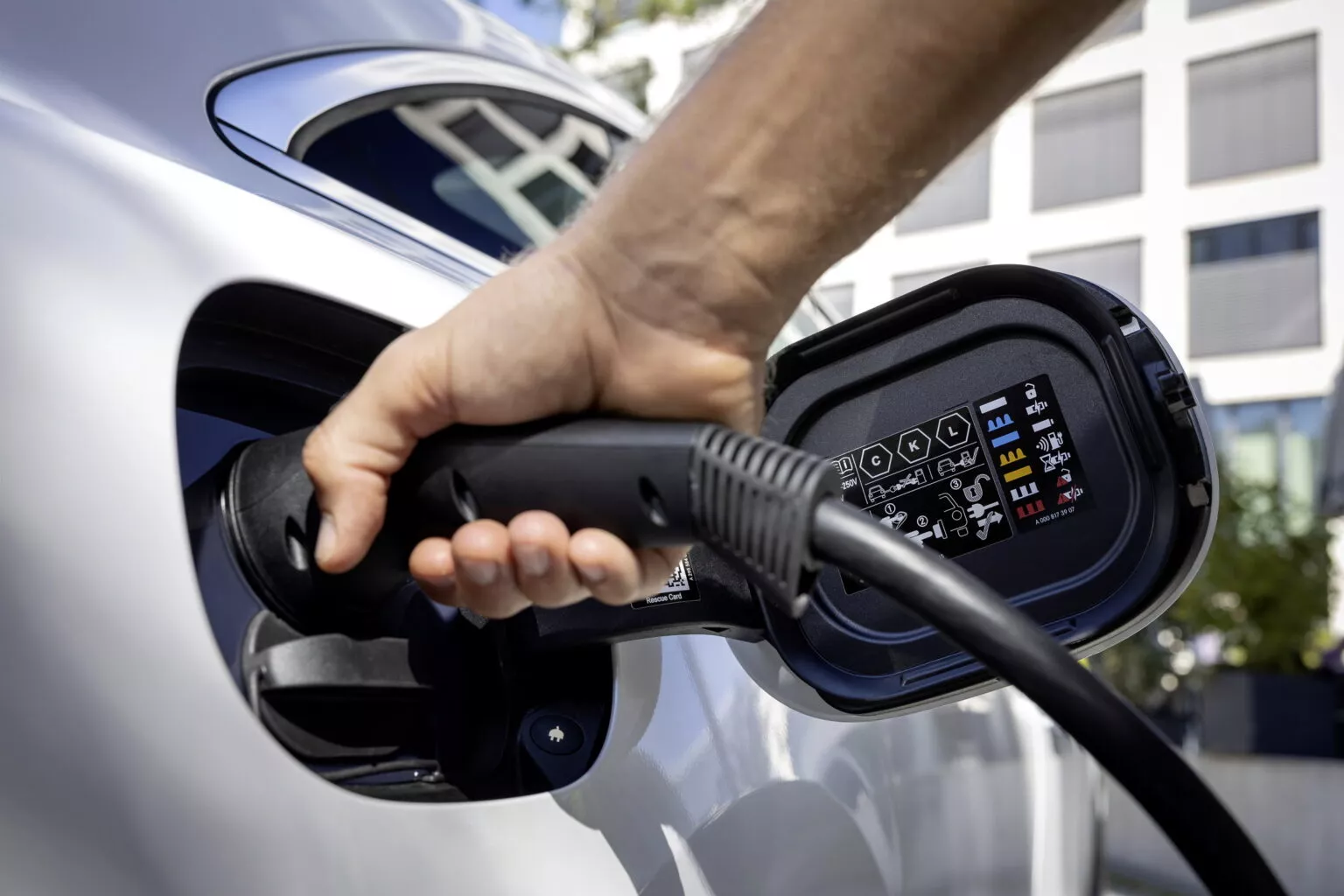Rwanda’s Ministry of Infrastructure has announced a landmark policy to cease the registration of petrol-powered motorcycles for public transport in Kigali, starting January 2025. This initiative, aimed at reducing greenhouse gas emissions and curbing air pollution, marks a significant shift in the country’s transportation landscape. Petrol-powered motorbikes currently account for about 20% of all trips in Rwanda’s capital, contributing significantly to the pollution levels.
As part of its broader climate goals, the Rwandan government plans to reduce greenhouse gas emissions by 38% by 2030. The transition to electric motorcycles is expected to play a crucial role in achieving this target. Since 2021, Rwanda has worked with the United Nations Development Programme (UNDP) to develop policies facilitating the phase-out of petrol-powered motorbikes, with a focus on the public transport sector. Infrastructure Minister Jimmy Gasore stated, “Kigali’s e-motorbike market and infrastructure are sufficiently developed to support this transition.”
While the new policy will prevent the registration of new petrol-powered motorcycles for commercial use, previously registered bikes will remain operational. The country’s electric mobility efforts have already extended to the public transport sector with the introduction of electric buses, and motorbikes are now the focus. According to the Ministry of Infrastructure, Rwanda has approximately 110,000 motorbikes in total, with 70,000 used commercially for taxi operations. Reducing petrol imports, which cost the government around 23 billion Rwandan Francs (approximately 15.8 million euros) annually, is another key benefit of the policy. The switch to electric motorcycles is projected to lower these costs by around 9.6 million euros.
To ensure a smooth transition, the government has introduced several incentives, including reduced electricity rates for charging stations, tax breaks for battery and electric vehicle manufacturers, and zero-rated import duties for electric and hybrid vehicles. Juliet Kabera, Director General of the Rwanda Environment Management Authority (REMA), emphasized the policy’s potential for both cost savings and environmental benefits.
Local businesses are also reacting positively to the policy. Eve Kayiranga, manager of SAFI Universal Link, a Rwandan firm selling electric motorcycles, welcomed the move, noting that it demonstrates progress in building infrastructure for e-mobility in Rwanda. The government envisions the policy not only as a step towards cleaner air but also as an opportunity to stimulate job creation in EV maintenance and charging infrastructure. As Kigali prepares for this transition, public awareness campaigns will encourage motorbike owners and operators to embrace electric transportation and take advantage of the subsidies offered.
Source: kigalijournal.com



